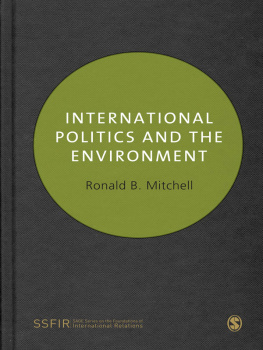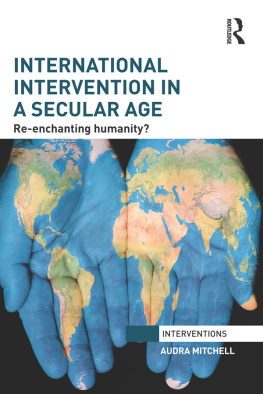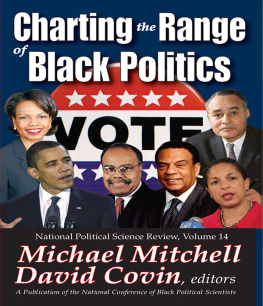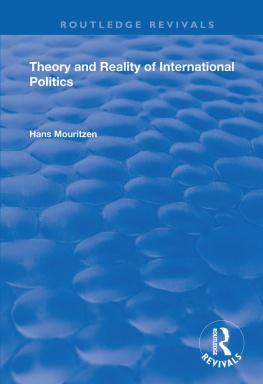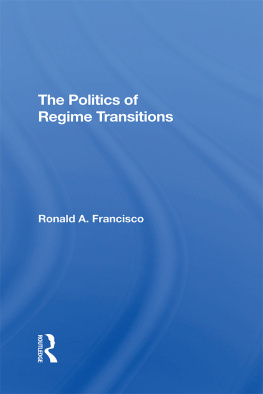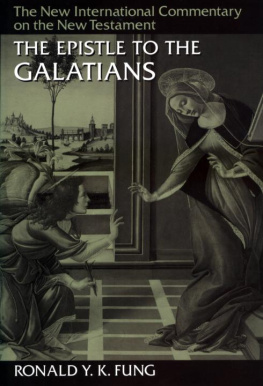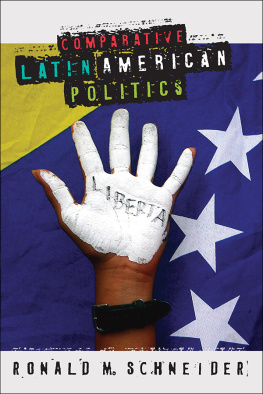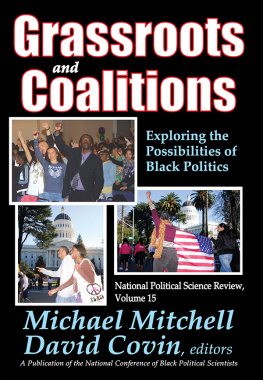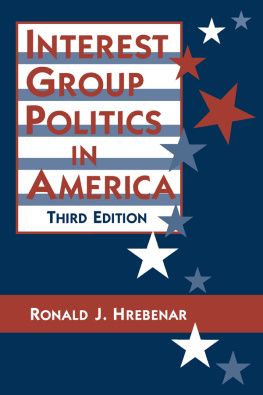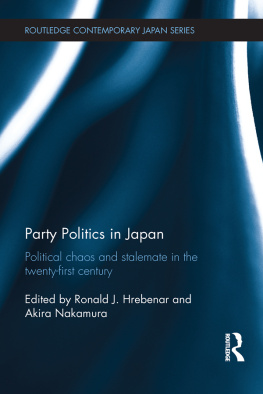International Politics and
the Environment
SAGE Series on the Foundations of International Relations
NEW IN 2009
Series Editors:
Walter Carlsnaes Uppsala University, Sweden
Jeffrey T. Checkel Simon Fraser University, Canada
International Advisory Board: Peter J. Katzenstein Cornell University, USA; Emanuel Adler University of Toronto, Canada; Martha Finnemore George Washington University, USA; Andrew Hurrell Oxford University, UK; G. John Ikenberry Princeton University, USA; Beth Simmons Harvard University, USA; Steve Smith University of Exeter, UK; Michael Zuern Hertie School of Governance, Berlin, Germany.
The SAGE Foundations series fills the gap between narrowly-focused research monographs and broad introductory texts, providing graduate students with state-of-the-art, critical overviews of the key sub-fields within International Relations: International Political Economy, International Security, Foreign Policy Analysis, International Organization, Normative IR Theory, International Environmental Politics, Globalization, and IR Theory.
Explicitly designed to further the transatlantic dialogue fostered by publications such as the SAGE Handbook of International Relations, the series is written by renowned scholars drawn from North America, continental Europe and the UK. The books are intended as core texts on advanced courses in IR, taking students beyond the basics and into the heart of the debates within each field, encouraging an independent, critical approach and signposting further avenues of research.
Forthcoming titles:
International Security Christopher Daase
International Relations Theory Colin Wight
Globalization James Caporaso
Foreign Policy Analysis Walter Carlsnaes
International Politics and
the Environment
Ronald B. Mitchell
Ronald B. Mitchell 2010
First published 2010
Apart from any fair dealing for the purposes of research or private study, or criticism or review, as permitted under the Copyright, Designs and Patents Act, 1988, this publication may be reproduced, stored or transmitted in any form, or by any means, only with the prior permission in writing of the publishers, or in the case of reprographic reproduction, in accordance with the terms of licences issued by the Copyright Licensing Agency. Enquiries concerning reproduction outside those terms should be sent to the publishers.
SAGE Publications Ltd
1 Olivers Yard
55 City Road
London EC1Y 1SP
SAGE Publications Inc.
2455 Teller Road
Thousand Oaks, California 91320
SAGE Publications India Pvt Ltd
B 1/I 1 Mohan Cooperative Industrial Area
Mathura Road
New Delhi 110 044
SAGE Publications Asia-Pacific Pte Ltd
33 Pekin Street #02-01
Far East Square
Singapore 048763
Library of Congress Control Number: 2009929964
British Library Cataloguing in Publication data
A catalogue record for this book is available from the British Library
ISBN 978-1-4129-1974-6
ISBN 978-1-4129-1975-3 (pbk)
eISBN 978-1-4462-4322-0
Typeset by C&M Digitals (P) Ltd, Chennai, India
Printed by MPG Books Group, Bodmin, Cornwall
Printed on paper from sustainable resources
To Kai Oliver Mitchell-Reiss and Jesse Cole Mitchell-Reiss
CONTENTS
ACKNOWLEDGEMENTS
For two decades, brilliant and generous colleagues have helped me learn everything I know about international environmental politics. This book introduces students to a range of arguments, concepts, theories, and cases at the core of international environmental politics, and particularly their intergovernmental aspects. Throughout, I provide citations to help the interested reader learn more and to give credit where credit is due for the ideas on which I build. But, as I push back from my desk after completing the manuscript, I am well aware that the sources of this book run far deeper than ideas presented in particular articles or books.
My interest in international politics and the environment owes much to Howard Raiffa who encouraged me as a Masters student and, when I started my PhD in 1989, helped me shift my intellectual focus from national security to international environmental politics by allowing me to be the rapporteur for a Harvard faculty seminar on the policy, politics, economics, and science of climate change. The late Abram Chayes was, and William C. Clark and Robert O. Keohane remain, the best mentors a person could want, introducing me to the law, science, and politics of the global environment while consistently supporting me personally and challenging me professionally. Those with whom I started my PhD Eileen Babbitt, Steve Block, James N. Miller, Manik Roy, and David Weil as well as those with whom I completed it Marc Levy, Edward Parson, and the late Vicki Norberg-Bohm have been good friends and insightful colleagues throughout my career. In particular, many years ago, Marc Levy suggested a taxonomy of perspectives similar to that presented in .
My knowledge and conceptualization of international environmental politics have been expanded immensely through intense and sustained interactions through research collaborations with Thomas Bernauer, Edith Brown Weiss, David Cash, Antonia Handler Chayes, William C. Clark, Glenn Deane, Lisa Dilling, Peter Haas, the late Harold Jacobson, Robert O. Keohane, Barbara Koremenos, Charles Lipson, Karen Litfin, Ed Miles, Elinor Ostrom, Duncan Snidal, Detlef Sprinz, Arild Underdal, and Oran Young. Many scholars of international environmental politics have challenged me to think more clearly and critically, including Frank Alcock, Liliana Andonova, Steinar Andresen, J. Samuel Barkin, Michele Betsill, Frank Biermann, Jennifer Clapp, Daniel Bodansky, Ken Conca, Geoffrey Dabelko, Beth DeSombre, Tamar Gutner, Jon Hovi, Ronnie Lipschutz, Urs Luterbacher, Anthony Patt, MJ Peterson, Tom Princen, Kal Raustiala, Miranda Schreurs, Olav Schram Stokke, Stacy VanDeveer, Paul Wapner, and J0rgen Wettestad. I also have benefited greatly from numerous invaluable exchanges on the GEPED listserv maintained by Michael Maniates of Allegheny College. More broadly, Virginia Page Fortna, Gary Goertz, Judith Goldstein, Lisa Martin, Helen Milner, Andrew Moravcsik, John Odell, Beth Simmons, and Mark Zacher have shared insights or critiqued my work in ways that have prompted me to construct arguments that generalize beyond the environment to security, economics, and human rights. Of course, I owe Jeff Checkel and Walter Carlsnaes a debt of gratitude for challenging me to put my views on international environmental politics, as well as causality, into a book that, I hope, contributes to the next generation of scholarship in this field.
A visiting research appointment at Stanfords Center for Environmental Science and Policy from 19992001, working with Pamela Matson and Walter Falcon, demonstrated to me how crucial interdisciplinarity is to understanding and explaining the causes of and solutions to international environmental problems. My appreciation of interdisciplinarity has been immeasurably extended by working with C. Susan Weiler and over 100 bright young scholars that have attended symposia hosted by the Dissertations Initiative for the Advancement of Climate Change Research (DISCCRS).


